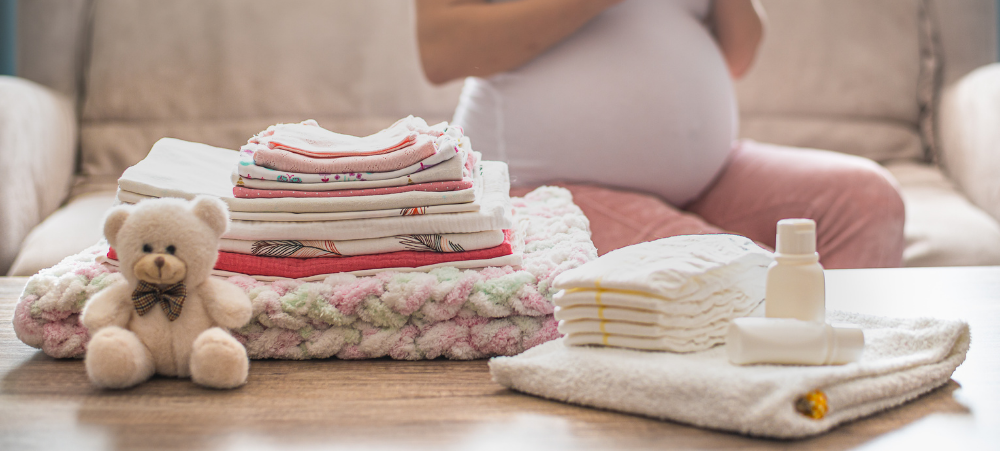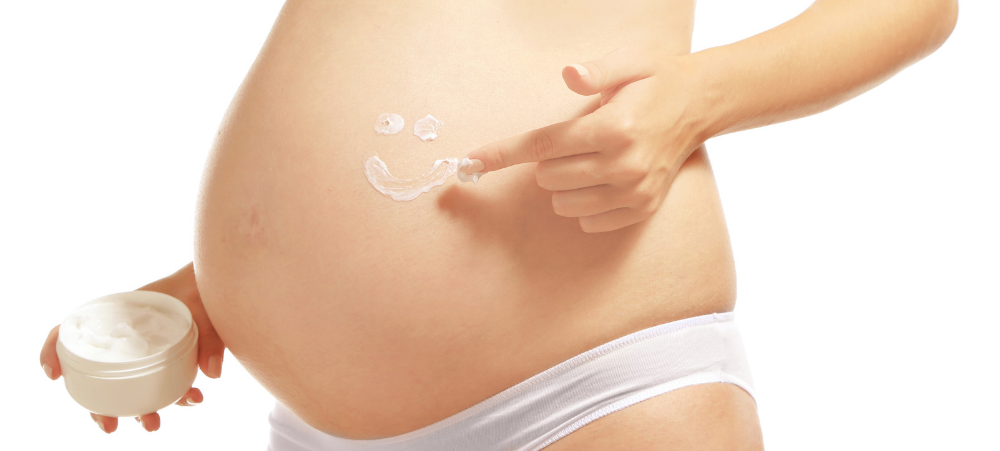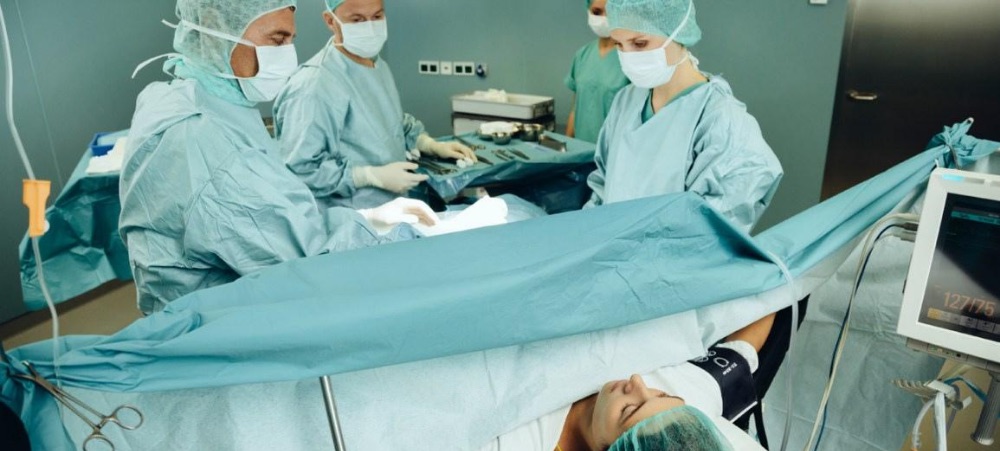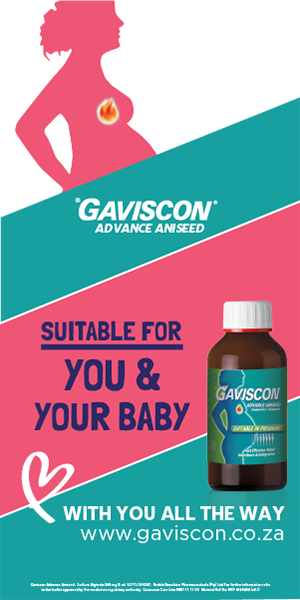The role of nutrition in strengthening the immune system has been the focus of many studies over the years1. The immune system is your body’s natural defence system. It is an intricate network of cells, tissues, and organs that work together to defend your body against invaders, invaders that can include bacteria, viruses, parasites, or even fungus, all with the potential to make us sick2. Your immune system works all year round to ward off all kinds of illnesses2. But what happens to the immune system when you fall pregnant? Are there ways to naturally boost your immune system during pregnancy? The immune system and pregnancy are very much interconnected, with your immune system undergoing some very intense changes when you are pregnant3. So fascinating are the highly orchestrated changes in the immune system throughout pregnancy that the Stanford University School of Medicine conducted the first-ever study into the meticulously timed immune system changes in women that occur during pregnancy. The results, which were published in 2017, revealed that there is an immune clock of pregnancy and that the timing of immune system changes follow a precise and predictable pattern in normal pregnancy. These results may be a step towards understanding why some babies are born prematurely and how this can be prevented, by researching why someone’s immune system is not adapting to pregnancy the way it is expected to4. While these immune system changes can help you to fall pregnant, stay pregnant and deliver your baby, they ironically can also make you more susceptible to illness3. This is because changes in hormone levels and immune system function can make you more vulnerable to infections and complications. During pregnancy, different parts of your immune system are enhanced while others are suppressed5. These changes also help protect your baby from your body’s defences and means that during pregnancy, your immune system has to work harder since it’s supporting two of you. This makes you susceptible to certain infections5. These changes in the immune system during pregnancy make pregnant women (and women up to two weeks postpartum) more prone to severe illness from flu which is why many healthcare experts recommend that pregnant women get the flu vaccine6. Consuming the right nutrients is important at every stage of life, but it is especially critical during pregnancy, as pregnant women need to nourish both themselves and their growing babies6. Vitamins and minerals support maternal and foetal growth at every stage of pregnancy and are required to support critical functions such as cell growth7. Hannelise Rademan, a Registered Dietitian currently volunteering at Worcester Provincial Hospital in the Western Cape, reiterates that vitamins and minerals can be seen as building blocks to strengthen your immune system. “These building blocks include vitamins A, C and D, minerals such as zinc and omega-3 fatty acids,” she says8. When you are pregnant, a healthy diet should include the right balance of carbohydrates, proteins, and healthy fats, as well as micro-nutrients like iron, folate, calcium, and vitamin9. Many health experts globally recommend that all pregnant women take a prenatal vitamin and folic acid supplement. This is advised to fill nutritional gaps and also to prevent birth defects like spina bifida7. A prenatal vitamin, such as PregOmega Plus, which is South Africa’s No.1 prenatal choice10, not only contains 500 micrograms (mcg) of folic acid, but also added Omega 3, Calcium, Zinc, Vitamin D, Vitamin C, Magnesium and other vitamins and minerals which all have a myriad of benefits for both the mother and her growing foetus, some of which are mentioned below11. Calcium’s key function is to ensure the proper growth and structure of teeth and bones. Low calcium intake throughout life, and particularly in periods of rapid growth such as pregnancy, increases the risk of osteoporosis later in life, particularly after menopause11. During pregnancy, women require an additional 15mg of vitamin C per day. Vitamin C is an essential micronutrient for ensuring good dental health for the pregnant woman and her foetus, as it plays an important role in the development of healthy gums11. Vitamin D has an important function in assisting the body to absorb calcium and phosphorus. It is also an important nutrient for optimal immune function, maintaining healthy skin and muscle strength. Vitamin D deficiency in a pregnant woman is an important risk factor for the development of osteoporosis later in life11. Magnesium is a micronutrient that plays a role in regulating the function of other minerals including calcium and potassium11. It is associated with a maintenance of overall good health and plays a role in helping to metabolise carbohydrates, fats and proteins as well as contributes to the reduction of tiredness and fatigue12. Zinc plays a role in regulating how genes and genetic traits are replicated in the DNA11. It also importantly plays a role in the maintenance of immune function and contributes to normal cognitive function12. Omega-3 fatty acids play a role in the maintenance of overall good health13 and are important components of cell membranes, including the membranes of cells which form the eye, and the central nervous system11. Rademan recommends the we should stock up on a variety of foods according to their nutritional benefits. These include8: Vitamin A: Sweet potato, Kale, Broccoli and Bok Choy, Spinach Vitamin C: Red Peppers, Berries, Citrus Fruits Vitamin D and Omega-3 Fatty Acids: Fatty Fish (Salmon, Trout, Sardines, Anchovy) Zinc: Lean Meat, Chicken, Whole Eggs, Fatty Fish, Wholegrains and Pumpkin Seeds Magnesium: Green leafy vegetables (e.g. spinach and kale), figs, avocado, banana and raspberries, Nuts and seeds, black beans, chickpeas and kidney beans, peas, broccoli, cabbage, green beans, artichokes, asparagus, brussels sprouts, salmon, mackerel, tuna) “It is also important to keep in mind which foods not to consume in excess during pregnancy, including too many Vitamin A rich foods”, says Hannelise8. While a healthy diet can certainly boost your immune system, remember too that plenty of sleep, moderate exercise and staying hydrated is also very important9. “Sleep is the time our bodies need to rest and repair, particularly in deep sleep,” she says8. Speak to your doctor or a dietician about your nutritional needs and a suitable supplement





































